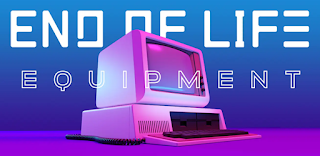Introducing Important Delegation of Authority (DOA) Resources
by Anderson Hanchett in CMS/PeopleSoft Support, Financial Services, IT Services
Financial Services in partnership with IT Services would like to share two very important resources. The first is the Delegation of Authority webpage. The second is the new DOA Module in CI Financials (CFS).
Delegation of Authority Webpage
The new Delegation of Authority webpage will help educate campus partners on our new DOA structure/process. It covers:
- Delegate responsibilities
- History behind the creation of CSU systemwide DOA process
- Delegate level definitions and guidelines
- Types of transactions that fall under the DOA
- Link to the DOA Form & workflow in Adobe Sign
- How to query DOA details in CI Financials
- Link to view approved DOA Forms
- Points of contact for DOA support
DOA Module in CI Financials (CFS)
The new DOA Module in CI Financials (CFS) takes the guesswork out of finding authorized signers. A simple query by Department ID and/or Fund Code may be used to return a list of authorized approvers/signers.
And this one central repository of campus approvers may also be used to look-up the name of a signature to confirm its authority is valid. Campus partners who do not currently have access to CI Financials (CFS), but who now have a business need to be able to perform queries within the DOA Module are encouraged to speak with their management and visit the CI Financials Support page to begin the process of requesting access to CI Financials (CFS).




